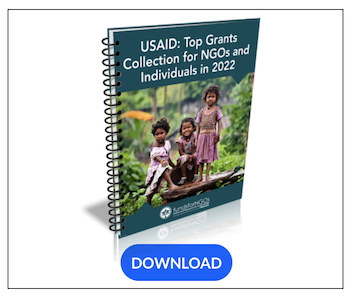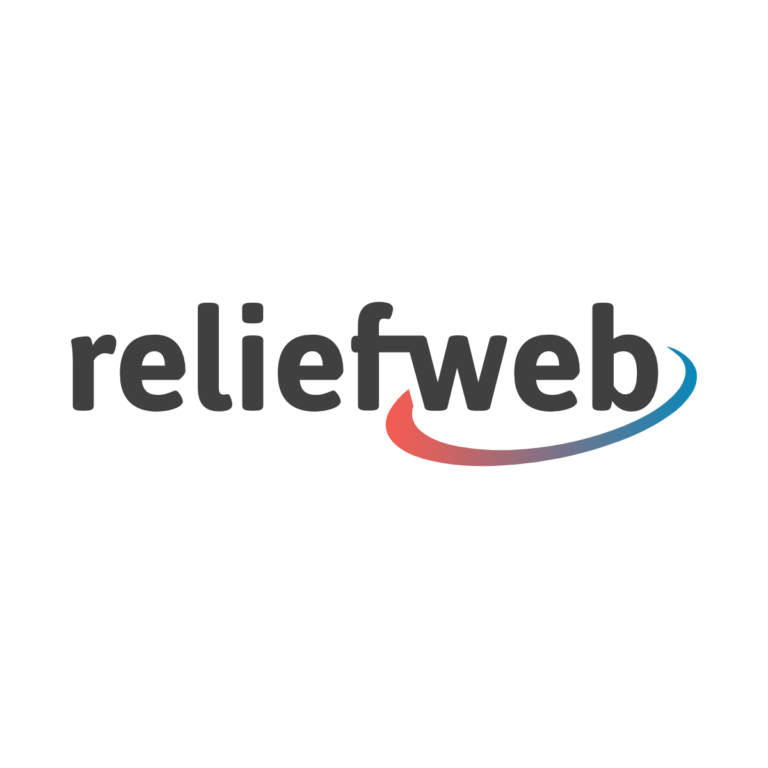Deadline: Ongoing
Cisco Global Impact Cash Grants are available for nonprofits and NGOs that address a significant social problem in the area of access to education, economic empowerment, and critical human needs.
Cisco is looking for programs that fit within their investment areas, serve the underserved, and leverage technology to improve the reach and efficiency of services. We accept applications year-round from eligible organizations.
Funding Information
- The maximum request amount for first-time grant recipients is US$75,000.
Social Investment Areas
Organizations and programs must focus on at least one of the social investment areas:
- Cisco Crisis Response: Provides increased capacity to access clean water, food, and shelter. Note: healthcare is not included in Cisco Crisis Response and is not a focus area for Cisco funding. However, they will consider proposals that address environmental sustainability within the crisis response sector.
- Examples of potential crisis response investments that could qualify:
- Innovative solutions which increase capacity, allowing the organization to deliver their products/services more effectively and/or more efficiently.
- Tools which increase the availability of, or improve access to, to basic products and services (e.g. food, water, shelter, disaster preparedness/response).
- An IT-enabled solution that produces more clean water with less ecological impact (ultra-efficient desalinization; zero carbon, zero waste aquaculture solution, etc.).
- Examples of investments that would NOT qualify:
- Buying food, shelter or other support products/services.
- Providing general operating funds.
- Healthcare programs
- Examples of potential crisis response investments that could qualify:
- Access to Education: Focuses on teaching and learning improvement through the use of technology with concentration in math, technology engineering, and science and/or the development of programs or tools that demonstrate applied knowledge or skills to applicable career paths within these fields. they will also specifically consider education programs that teach environmental sustainability.
- Examples of potential investments that could qualify:
- An IT-based educational program that helps inform and activate young people to empower them to engage in effective collaborative action around climate resilience, sustainability and ecosystem restoration
- An IT-based solution that introduces young people to climate and sustainability careers and provides the skills and knowledge to eventually start those careers.
- Innovative solutions which increase capacity, allowing organizations to deliver / administer / track education more effectively and/or more efficiently.
- Tools which increase the availability of, or improve the access, to products/services for student centric engagement, performance or persistence, teacher development, parental participation.
- Tools or solutions that map/demonstrate applied knowledge and skills to applicable career paths.
- Innovative tools to teach students about ecological conservation and interest them in careers within that field.
- Examples of investments that would NOT qualify:
- Paying teachers/administrators/aids salaries.
- Purchasing supplies, tuition, equipment i.e. hardware and/or software, recurring utilities.
- Examples of potential investments that could qualify:
- Economic Empowerment: Enables individuals to participate in the workforce via access to knowledge, capital and/or jobs. They will also specifically consider economic empowerment programs that address environmental sustainability.
- Examples of potential investments that could qualify:
- Social enterprises like nonprofit women-owned-and-operated solar panel business in developing regions, which create sustainable power solutions while also creating sustainable jobs.
- Innovative solutions which increase capacity, allowing the organization to deliver their courses / products / services more effectively and/or efficiently.
- Tools which increase the availability of, or improve access to, products/services necessary for people to enter the workforce and earn a living wage.
- Tech-driven portal to help people identify, prepare for, and apply to green jobs.
- Examples of investments that would NOT qualify:
- Capital, investments, loans/loan funds, etc.
- Scholarships and/or stipends to cover cost of training expenses and/or certifications, purchase of laptops or other materials
- Examples of potential investments that could qualify:
- Climate Impact & Regeneration: Seeks to reverse the impact of climate change, working towards a sustainable and regenerative future for all. They support programs that foster bold climate solutions as well as community education and activation.
- Examples of potential investments that could qualify:
- Solutions that reduce, capture, and/or sequester greenhouse gas and carbon emissions
- Solutions that assist farmers to transition to restorative and regenerative agriculture
- Examples of investments that would NOT qualify:
- Direct climate policy change, advocacy, lobbying
- Purchase of solar panels, other equipment
- Examples of potential investments that could qualify:
Eligibility Criteria
-
- Global Impact Cash Grants multiply the impact of eligible organizations around the globe with national or multinational operations.
- Organizational requirements:
- Organizations within the United States must be recognized by the IRS as tax exempt under Internal Revenue Code Section 501 (c)(3), and classified by the IRS as a public charity.
- Organizations from outside the U.S. must provide information and documents to determine whether the organization is the equivalent of a U.S. public charity.
- Organizations to be funded must serve an audience greater than 65 percent economically underserved relative to the average standards of the target geography.
- For each of these three investment areas, they will also consider proposals that address environmental sustainability within the context of that investment area. For example, they would consider funding an economic empowerment program that specifically focuses on creating green jobs.
- A nonprofit organization’s overhead is not to exceed 25 percent. (Organizations are occasionally exempt from this requirement; however, they must be exceptionally aligned with Cisco’s values and criteria, and they must clearly explain and justify their overhead costs. Exemptions to the requirement on overhead expenses are determined on a case-by-case basis.).
- Cisco Foundation does not tend to make grants to colleges and universities. In the case that such a grant may be made, Cisco Foundation does not support additional institutional overhead rates for colleges and universities.
For more information, visit https://www.cisco.com/c/en/us/about/csr/community/nonprofits/global-impact-cash-grants.html









